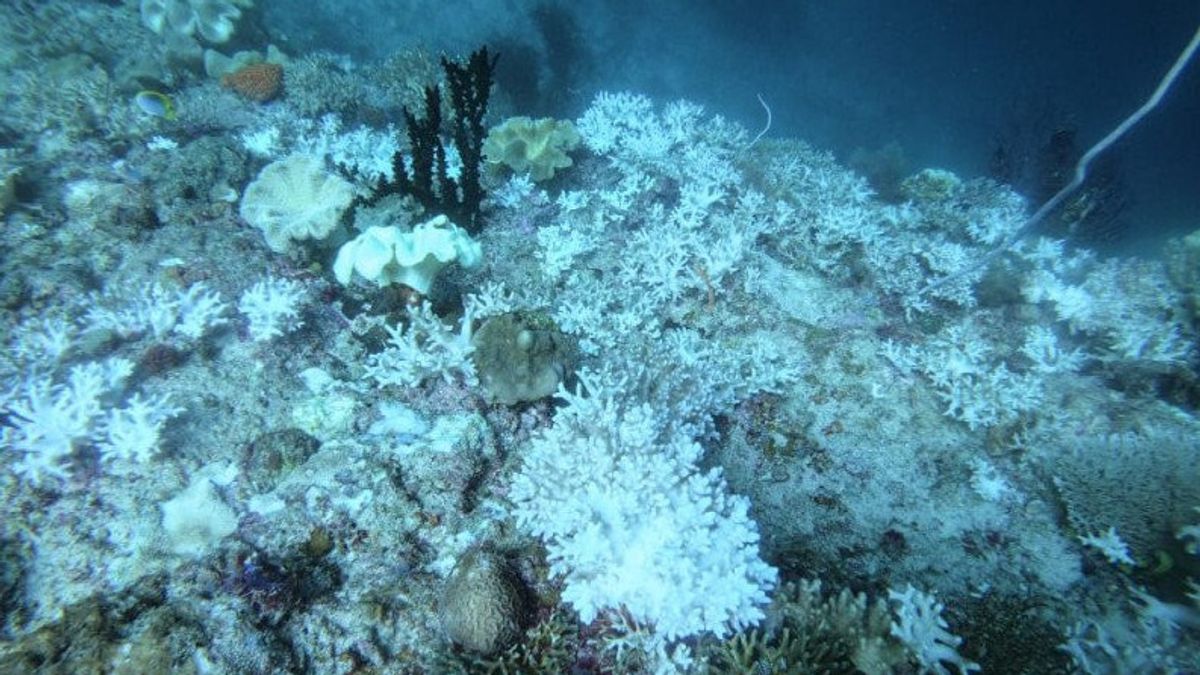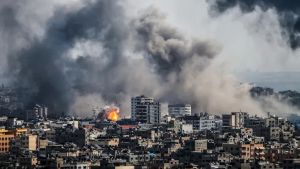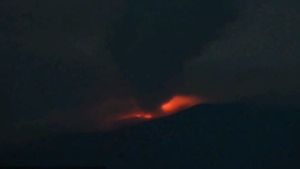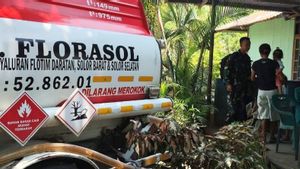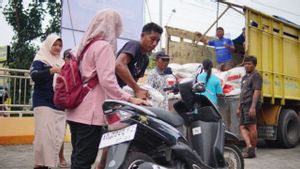JAKARTA - The survey results show that some coral reefs in the marine conservation area of Waigeo Island, Raja Ampat Islands, West Papua Province, have turned white, said the Head of the Regional Public Service Agency for the Technical Implementation Unit of the Raja Ampat Regional Water Conservation Area Service.
When contacted from Waisai, Tuesday, Safri said that preliminary data from a survey conducted at more than ten dive sites showed bleaching of branch, table and soft corals.
"We conducted a survey at famous dive sites or diving spots in Raja Ampat, more than 10 points. The condition of coral bleaching is happening and this is a natural phenomenon," he said.
He stated that changes in temperature contributed to the coral bleaching event that occurred in the Raja Ampat waters and hoped that the coral reefs could recover after conditions returned to normal.
According to information published on the official website of the Indonesian Institute of Sciences' Coralreef Rehabilitation and Management Program (COREMAP), coral bleaching is an event where zooxanthella - microalgae that live in coral endoderm networks - are released from coral which is marked by fading of the whole coral to white. At an advanced level, coral bleaching is followed by coral death.
The main cause of coral bleaching is a change in sea water temperature to be above or below normal. Corals do well in tropical seas at temperatures of 28 to 29 degrees Celsius. Treatment of temperatures 2 to 3 degrees Celsius above or below normal within one to two weeks can cause corals to bleach.
If the increase or decrease in temperature continues for one month, all coral colonies, soft corals, anemones, and zoanthids will turn white and if these conditions continue until the sixth week, the coral colonies will experience death.
Safri said that the Technical Implementation Unit of the Raja Ampat Regional Marine Protected Area Office continues to monitor the condition of coral reefs in the Raja Ampat waters.
In order to minimize the risk of damage to coral reefs, he continued, the Raja Ampat Regional Water Conservation Area Service Unit has invited residents and conservationists to support efforts to prevent sea water pollution that can cause damage to coral reefs.
"We also hope that people do not do things like bomb fish and throw garbage into the sea so that coral reefs can survive the current situation of changing temperatures," he said.
Meidiarti Kasmidi from Conservation International Indonesia also invited all parties to support efforts to maintain the resilience and health of coral reefs in the Raja Ampat region.
"This condition is very concerning. We will educate the public and the tourism business sector to pay attention to waste and sediment disposal so that it does not reach the sea and disturb the health of coral reefs," he said.
The English, Chinese, Japanese, Arabic, and French versions are automatically generated by the AI. So there may still be inaccuracies in translating, please always see Indonesian as our main language. (system supported by DigitalSiber.id)
